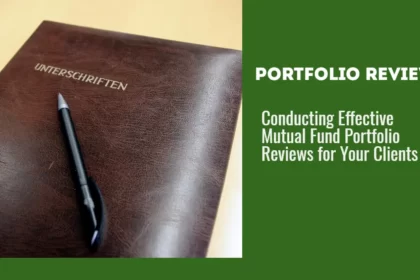Strategic Asset Allocation is the ideal that comes out of the risk profile of the individual, the return requirement to meet the goals and the investment horizon. Risk profiling is key to deciding on the strategic asset allocation. The allocation to the various asset classes is not driven by their expected performance. The most simplistic risk profiling thumb rule is to have as much debt in the portfolio, as the number of years of age. As the person grows older, the debt component of the portfolio keeps increasing. This is an example of strategic asset allocation.
Tactical Asset Allocation is the decision that comes out of calls on the likely behaviour of the market. An investor who decides to go overweight on equities i.e. take higher exposure to equities, because of expectations of buoyancy in industry and share markets, is taking a tactical asset allocation call.
Tactical asset allocation is suitable only for seasoned investors operating with large investible surpluses. Even such investors might like to set a limit to the size of the portfolio on which they would take frequent tactical asset allocation calls



